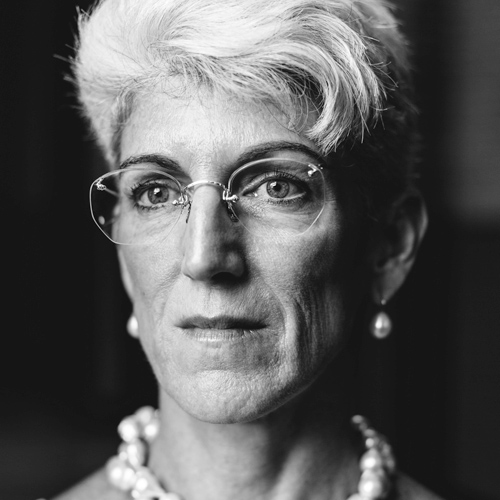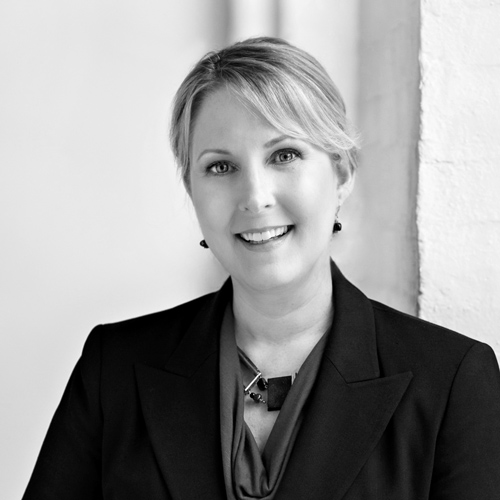Modern Counsel: With a deal that began as a joint venture, why did AOL and Verizon to decide to carry out an acquisition, instead?
Julie Jacobs: After many months of collaborative discussions between the two companies, we decided that there was incredible opportunity across the board that we could only deliver to our stakeholders if we were part of the same company—versus a joint venture—including product innovation, premium offerings for consumers, and breakthrough solutions for advertisers and publishers. Verizon wanted to leverage AOL’s advertising capabilities, our global content brands, and our digital ecosystem expertise to help grow its business in new, meaningful ways. So, as the conversations continued, it became very apparent that the best path forward was an acquisition by Verizon.
MC: What role did you have in the acquisition?
JJ: As general counsel at AOL, my team and I led the negotiating, structuring, and documentation of the deal, including evaluating all of our assets with Verizon’s to understand the potential synergies the combination of the two companies would bring to consumers, partners, advertisers, publishers, employees, and shareholders. We also deeply analyzed our competitive set to determine what was best: standing alone, partnering with others, or being acquired by Verizon.
MC: Having had experience in the acquisition of high-profile content sites HuffPo and TechCrunch, how did being on the other side of the transaction with Verizon differ?
JJ: There are not many differences in the negotiation stages, so most of the differences I have personally experienced happened postclosing. At AOL, we’ve had a long-standing relationship with Verizon, so the entire process was collaborative and positive—starting with the negotiations, getting through the legal agreements, and then the actual closing of the transaction. And today, we continue to evaluate where we should unite our efforts and where we should continue to operate independently.
MC: What influence did you personally have on the Verizon deal?
JJ: In addition to all that the legal team was responsible for on the transaction of the acquisition process, part of my responsibility was working directly with the AOL board of directors to ensure they had a comprehensive understanding of all of the deal elements in order to make an informed decision on the transaction. This was a critical part of my role given the complexities we had to consider internally, externally, and related to the public markets.
MC: AOL recently closed a deal to take over display ad sales (mobile and video) for Microsoft in nine countries. What led to the decision of signing a 10-year deal so soon after the Verizon acquisition?
JJ: The Microsoft partnership around search and advertising was an extension of our existing strategy and long-time partnership with Microsoft. Our search deal with Google was set to expire at the end of 2015, and ultimately we made a strategic decision to go with Bing. On the advertising side, this partnership increases our global mobile, display, and video ad inventory scale; gives us access to a younger demographic with products like Skype and Xbox; and helps us expand internationally in nine key global markets, including the United States, United Kingdom, Canada, Brazil, France, Germany, Italy, Spain, and Japan. Our partners and clients are only beginning to realize the power of this combined reach and scale spanning AOL, Verizon, Microsoft, and Millennial Media.


